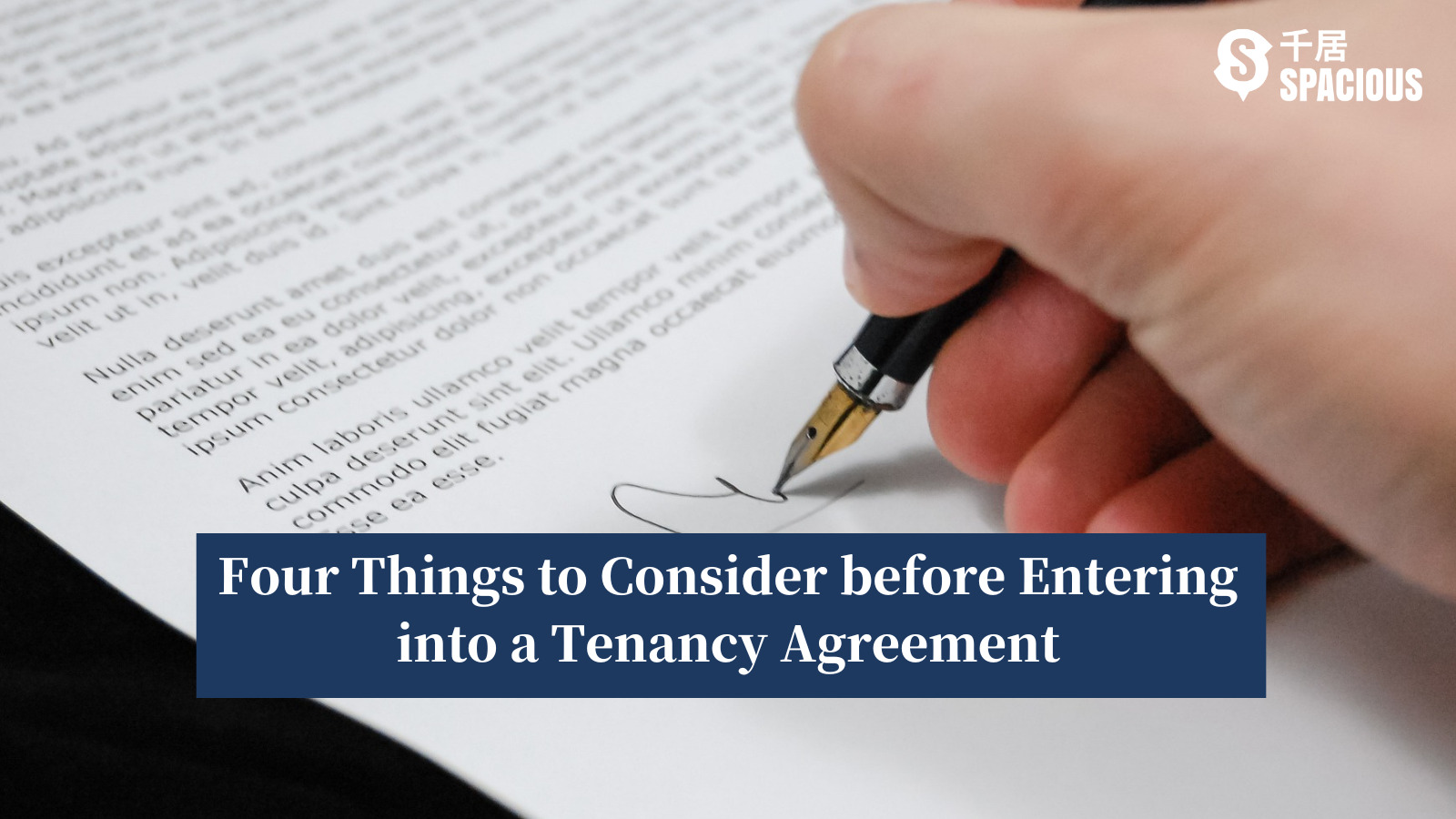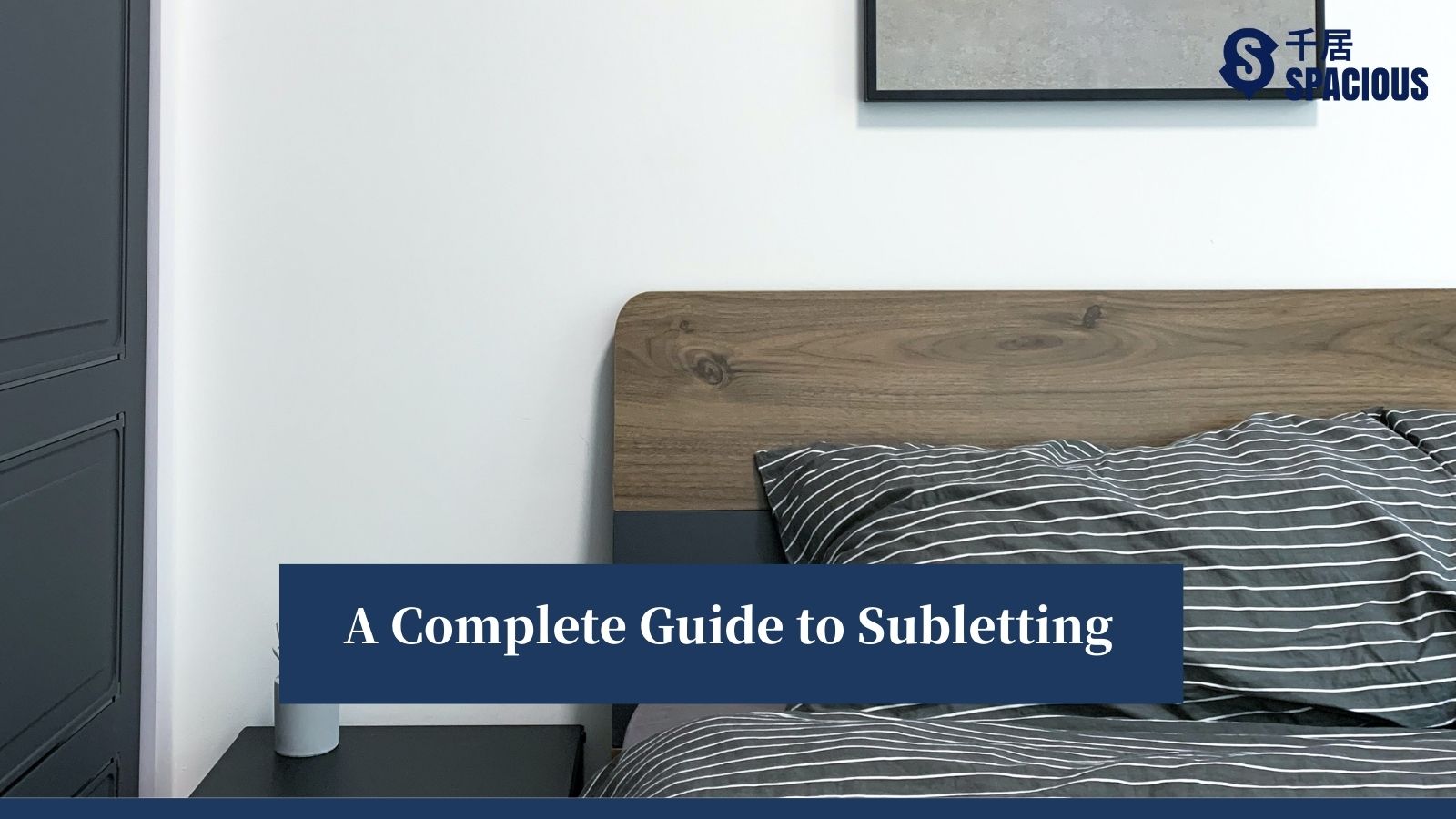
Moving out on your own means you will earn some private space, but it also means you get to find another place to live. Renting in Hong Kong is never easy. Before entering into the tenancy agreement, it’s wise to consider a few things.
Jump to: Make a Budget | Tenancy Terms | Tenants’ Rights | Terminate Tenancy
Is my income enough to cover overall monthly expenses?
Your monthly expenses are not just the rent, but they may also include utilities (water, electricity and gas bills); miscellaneous costs (the Internet fee); and also the deposits on water and electricity bills. If the rented place is a vacant property, you may need to set aside a budget for fittings. To avoid running over budget, it’s important to ask the landlord or estate agent if the monthly rent is inclusive of any utility charges.
It’s relatively budget-friendly to rent a flat in the New Territories, but transportation costs would be higher if you work on the Island side, not to mention a longer commuting time. Sometimes, living close to your working area may need higher rents, but it can offset the travel expenses needed for faraway homes.
Find or sell properties on Spacious
What shall I pay attention to in a tenancy agreement?
As the saying goes, “the devil is in the detail”, always read carefully the terms and conditions before entering into the tenancy agreement. Chances are that the landlord’s verbal promises are not written in the lease.
As a tenant, your liabilities should not go unnoticed. You may be liable for the costs of lost keys; repair of water pipes; regular maintenance of air-cons – all of which might have already been laid down in the agreement.
In general, the terms and conditions are negotiable. Make sure to discuss with the landlord beforehand.
What rights are entitled to tenants?
Can a tenant live with his pet? Is he allowed to make any renovation changes? How shall he notify the landlord of that?
In most cases, you can’t do any alterations on the rented flat unless you get the landlord’s permission. Failing to do so may have your security deposit forfeited. The worst thing the landlord can do is terminate your lease immediately. The landlord has the right to allow or reject your request for doing any alteration or renovation works, but it’s always the tenant’s responsibility to have those works restored before moving out the place.
Tenancy period (short-term vs long-term) and other rental conditions (e.g. refund of deposit) are open for discussion in the negotiation stage. You can propose changes to meet your future needs. This gives you more flexibility to extend or terminate the lease.
If you agree on a longer tenancy period, the landlord will normally ask for cheaper rents. In case you want to terminate the lease, you should give at least 1 – 2 months’ notice. If you are going to sub-let the flat (with the landlord’s approval), the tenancy period should be shorter and the termination process even simpler.
Before moving in, it’s wise to verify the flat’s existing conditions with the landlord. Make a record of any defects already in the flat, especially those not going to be fixed by the landlord. Doing this can better ensure you get your security deposit back once moving out.
Find or sell properties on Spacious
What happens if I want to terminate my tenancy earlier?
Sometimes, unexpected things happen, like a flash marriage or an overseas deployment opportunity, forcing you to surrender the tenancy.
If you are to terminate the lease, you need to pay one to two month’s salary in lieu of notice. Depending on the agreement, you may be liable to pay for the whole tenancy until it ends.
The consequences of early termination of lease should be specified clearly in the agreement, even though the landlord claims you are allowed to end the lease any time.
Find or sell properties on Spacious









